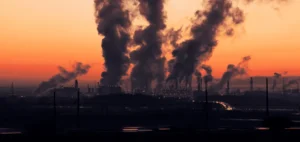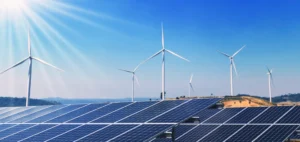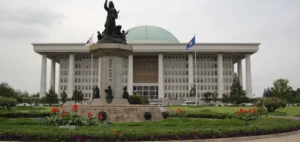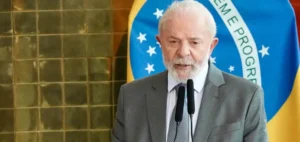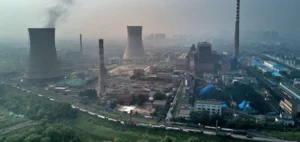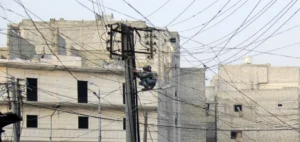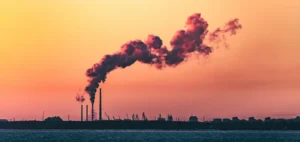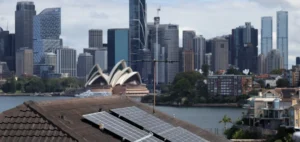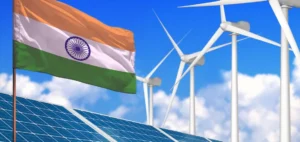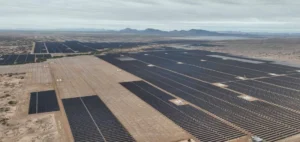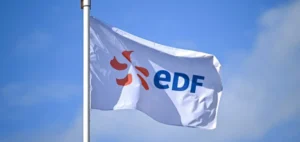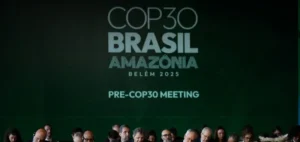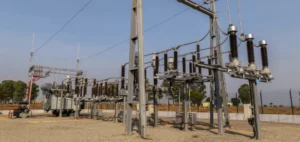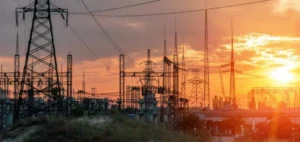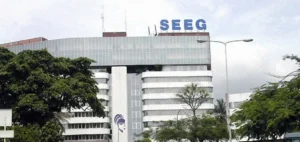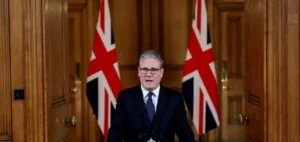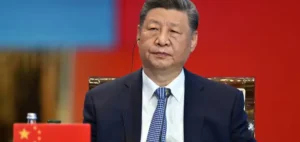A shortage of diesel in Europe for the coming winter season has been announced by theInternational Energy Agency (IEA). This situation is mainly due to supply constraints, notably the European Union’s ten-month embargo on Russian crude oil.
The Impact of the Embargo on Russian Crude Oil
In its monthly oil report, the IEA stressed that Europe would need “sustained imports” from other countries to maintain an adequate supply of diesel. However, particular constraints linked to the quality of diesel in winter could “limit” these supplies. The IEA warned that it might take another mild winter to avoid potential shortages.
The EU embargo on Russian crude oil, designed to reduce Moscow’s oil income, has had a significant impact on the situation. According to the IEA, “ten months after the EU embargo on Russian crude came into force”, European refiners are still struggling to increase their processing rates and diesel production.
Supply Challenges and Price Consequences
Diesel supply constraints have already begun to have an impact on diesel prices at the pump in Europe, even exceeding petrol prices in some countries, such as France, since the end of September. In France, for example, diesel prices have reached 1.89 euros per liter, while 95-E10 unleaded gasoline is at 1.86 euros per liter.
The current situation raises concerns about the availability and cost of diesel for European consumers, as well as the impact on sectors that rely heavily on this fuel, such as road haulage and logistics.
Future prospects and import requirements
The IEA believes that Europe must seriously consider solutions to alleviate these supply constraints. It stresses that the region has “few options” for “improving” its stock coverage levels in the months ahead. The combination of a rebound in refinery yields and an increase in imports appears to be a necessity to meet these challenges.
How the diesel situation develops in Europe will depend on a number of factors, including the ability of refineries to meet demand, changes in import policies and weather conditions over the coming winter. European authorities and the oil industry will need to work together to ensure a stable and affordable supply of diesel over the coming months.




